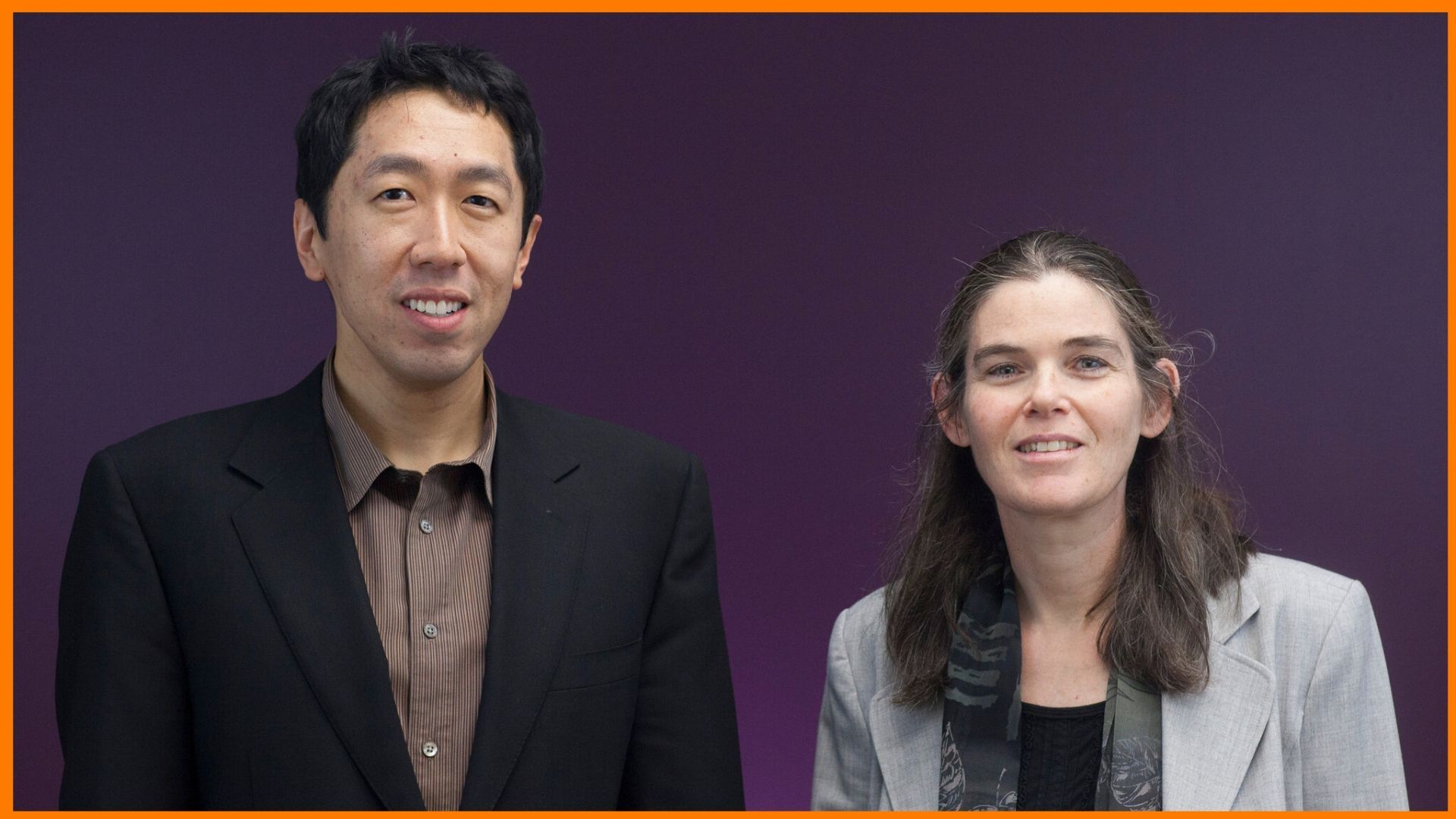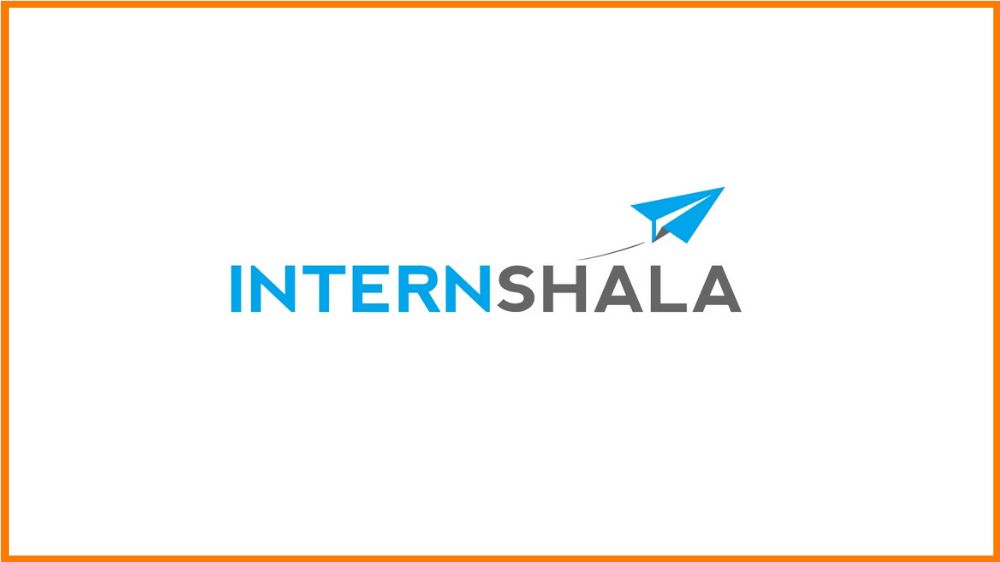Coursera - World's Largest Online Education Portal!
📄Company Profiles
With the advent of the internet and smartphones came the opportunity of educating and learning over the internet. And two American Professors, Andrew Ng and Daphne Koller capitalized on this opportunity by launching Coursera in 2012.
Coursera is an e-learning platform that offers free and paid short courses, skills certifications, and complete degrees. Read this article to know more about Coursera's company profile, founders, growth, competitors, funding, startup challenges, and business model.
Coursera - Company Highlights
| Startup Name | Coursera |
|---|---|
| Headquarter | San Francisco Bay Area, Silicon Valley, West Coast |
| Sector | Ed-Tech |
| Founders | Andrew Ng, Daphne Koller |
| Founded | 2012 |
| Parent Organization | Coursera, Inc. |
| Website | www.coursera.org |
About Coursera and How it Works
Founders of Coursera and team
How was Coursera Started?
Coursera - Startup Launch
Coursera - Business Model and Revenue Model
Coursera - Startup Challenges
Coursera - Competitors
Coursera - Funding and Investors
Coursera - Growth
Coursera - FAQs

About Coursera and How it Works
Coursera is an e-learning platform that offers free and paid short courses, skills certifications, and complete degrees. These educational courses are brought in to the customers by partnering with universities and businesses. Currently, Coursera offers these educational courses at a wide array of prices, from free-to-audit courses to $ 30,000-degree programs.
Coursera has partnered with more than 190 universities, businesses, and nonprofits. Majorly, the lectures for the courses offered at Coursera are free. However, if a student wishes to get a certificate of completion from Coursera, one can opt to pay for a per-course fee to the platform to participate in the "Signature Track." This feature gives the students who paid a specific amount of money access to graded assignments, homework, and examinations related to the curriculum of the course.
If the student completes these assignments in a satisfactory manner, the students under this program, Signature Track earn a verified certificate towards the end of the course. This piece of certification is emblazoned with credentials such as the name of the course and the university that provided its content.
Henceforth, students who finish these certification courses can display these certificates to their employers or other relevant organizations as a testimony to their professional qualifications and stated skills. This online education startup also offers financial assistance to the students who can demonstrate a genuine need. However, the requirements for such financial aids have now become particularly stringent as the company has grown.
These education certificates are widely accepted and authenticated. Acknowledgment by the employers is the primary reason for Coursera’s success and the huge acceptance worldwide.
Founders of Coursera and team
Coursera was founded by two Stanford computer science professors Daphne Koller and Andrew Ng.

- Daphne Koller- Before founding Coursera, Daphne was the Professor of Computer Science at Stanford University, where she served as a faculty for 18 years. She is the author of over 200 refereed publications and has been honored with multiple awards and fellowships.
- Andrew Ng- Before founding Coursera, Dr. Ng was the founding lead of the Google Brain deep learning project. Dr. Ng has authored or co-authored over 100 research papers in machine learning, robotics, and related fields. In 2013 he was named to the Time 100 list of the most influential persons in the world. He holds degrees from Carnegie Mellon University, MIT, and the University of California, Berkeley.
How was Coursera Started?
Coursera was launched by these American Professors with the sole vision to give students from around the globe free access to degrees and other educational courses backed by professors of the top universities. When Coursera was launched, it charged nothing to students who, in turn, did earn an academic credit.
Universities like Princeton, Penn, and Michigan signed on early during the inception years. And followed by which, tremendous hype followed, giving Coursera the status that it enjoys today. With thought leaders like the New York Times’ Thomas Friedman who very highly wrote about Coursera something like this, “Nothing has more potential to unlock a billion more brains to solve the world’s problems.”
Coursera - Startup Launch
After setting the initial steps in the industry, Coursera first started working with a handful of schools like Stanford, Princeton, University of Michigan, and the University of Pennsylvania and more with the idea to bring out a handful of their more popular courses on the internet.
As of today, Coursera has partnered with many more organizations than just academic institutions like businesses, governments, and nonprofits and it is one of the most sought after education portals around the globe.

Coursera - Business Model and Revenue Model
The Coursera business model and revenue model of is as follows. So basically, Coursera does not do any course production and takes about 40% of the tuition fees. Given that, its marketing costs are relatively low, because it organically reaches a huge number of learners worldwide. Coursera users have to pay a specific amount on the portal to engage with the material published on the site in a meaningful way and take up courses for individualistic purposes. This is the primary source of revenue for online education portals like Coursera.
Over the years, Coursera has managed to put up a very stable business model. It offers products at quite a wider foray of prices. This wide array includes over 3,100 courses that are absolutely free to audit, the courses under “Signature Tracks” that ranges somewhere between $30 to $100, the courses under “Specializations” that range around $39 to $89 on monthly subscriptions, vast options of online degree programs ranging between $15,000 to $30,000, and lastly “Coursera for Business” for around $400 per employee on a yearly basis.
Coursera - Startup Challenges
Coursera’s all-time biggest milestone is to maintain revenue growth and nullify the competition in the same process. Coursera’s online education portals are becoming increasingly crowded with the passing days which intend the above-mentioned milestones addressed with proper guidance. In order to stay on top of the heap, Coursera will have to keep growing, nudging off the competitors and increase its revenue stream at an increasing rate.

Coursera - Competitors
Companies like Pluralsight, edX, Udacity, and LinkedIn pose direct competition to Coursera. All of these offer services comparable to Coursera and cater to the same genre of the audience, more specifically learners and professionals.
Coursera - Funding and Investors
Coursera has raised $313.1 million over nine rounds of funding over all these years. According to some sources, it currently has $180 million in the bank. Also according to Forbes, Coursera is worth more than $1 billion.
Here is a list of all the funding rounds of Coursera-
| Date | Stage | Amount | Investor |
|---|---|---|---|
| April 2012 | Series A | $16 Million | Kleiner Perkins, New Enterprise Associates (NEA) |
| July 2012 | Series A | $6 Million | Kleiner Perkins Caufield & Byers, NEA |
| July 2013 | Series B | $43 Million | GSV Capital, International Finance, Learn Capital |
| November 2013 | Series B | $20 Million | GSV Capital, Learn Capital |
| August 2015 | Series C | $49.5 Million | Kleiner Perkins Caufield & Byers, Learn Capital, NEA |
| October 2015 | Series C | $11.6 Million | EDBI, GSV Ventures |
| April 2017 | Series D | - | - |
| June 2017 | Series D | $64 Million | GSV Asset Management |
| April 2019 | Series E | $103 Million | SEEK Group |
Coursera has acquired Rhyme.com on Aug 28, 2019.
Coursera - Growth
- Coursera currently offers 3,200 courses in 13 languages and 310 specializations
- Coursera is partnered with more than 192 institutions over 43 countries
- Coursera’s partners include prestigious universities like Columbia University, Johns Hopkins and the University of Michigan
- More than 40 million people have taken online classes through Coursera
- Coursera closed 2018 with a revenue generation estimated at $140 million more than an estimated $100 million in 2017
- As of now, Coursera is the largest provider in the online education market
- By 2026, Coursera is projected to be worth anywhere between $42.97 billion and $65.48 billion worldwide
Coursera - FAQs
What is Coursera?
Coursera is an e-learning platform that offers free and paid short courses, skills certifications, and complete degrees.
Who are the founders of Coursera?
Daphne Koller and Andrew Ng, two Stanford computer science professors are the Coursera founders.
When was Coursera founded?
Coursera was founded in 2012.
Are courses on Coursera free?
Most of the courses on Coursera courses are free but if you want to access graded assignments or earn a Course Certificate, you will need to pay.
Is coursera legit?
Yes, Coursera is legit and it's safe to use. These education certificates are widely accepted and authenticated.
Must have tools for startups - Recommended by StartupTalky
- Convert Visitors into Leads- SeizeLead
- Payment Gateway- Razorpay
- Spy on your Competitors- Adspyder
- Manage your business smoothly- Google Workspace






